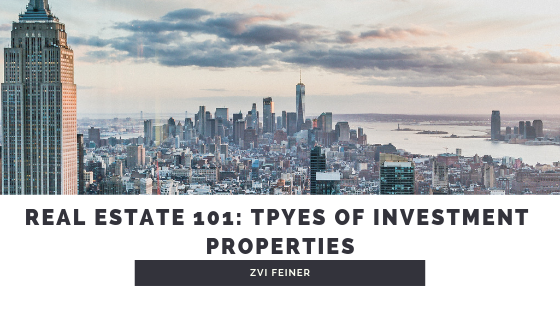Real estate is one of the most popular investments a person can purchase. New investors tend to think there are only a few types of properties they can invest in, but the real estate industry offers investors a variety of properties to sink their money into. While each of these properties has its benefits and disadvantages, you will want to do your research before investing.
Real estate properties are divided out into the following categories. It’s important to know what you’re getting into when purchasing one of these properties. They each have their own sets of pros and cons and can make or break your real estate portfolio.
Residential
These properties consist of houses, apartment buildings, townhouses, and vacation homes. When a tenant moves in, they sign a rental agreement that dictates price, length of time and what the renter is responsible for at the property. These agreements are often called lease agreements and usually, consist of a twelve-month commitment the first year. After the first year, it is up to the owner of the property to determine the length of the next lease agreement.
Commercial
Commercial properties consist of office buildings and skyscrapers. They are leased out to companies and small businesses who pay rent to use the offices. Commercial property leases are typically multi-year. Investing in these properties leads to a larger, more stable cash flow and protects the owner when rental rates start fluctuating.
Industrial
Industrial properties consist of warehouses that are used for distribution centers, storage units, car washes, and other specific real estate purposes. Industrial real estate investments often have significant fees and service revenue streams and are a good way to increase an investors return on investment.
Retail
Shopping malls, strip malls, and other retail storefronts fall into this subsection of real estate properties. Depending on the lease terms, the landlord can receive a percentage of the sales generated by the store in addition to the rent.
Mixed-Use
This property type combines all the categories of real estate into a single property. Mixed-use properties usually consist of residential, commercial and retail properties. These properties are popular among investors because of their diversification.

